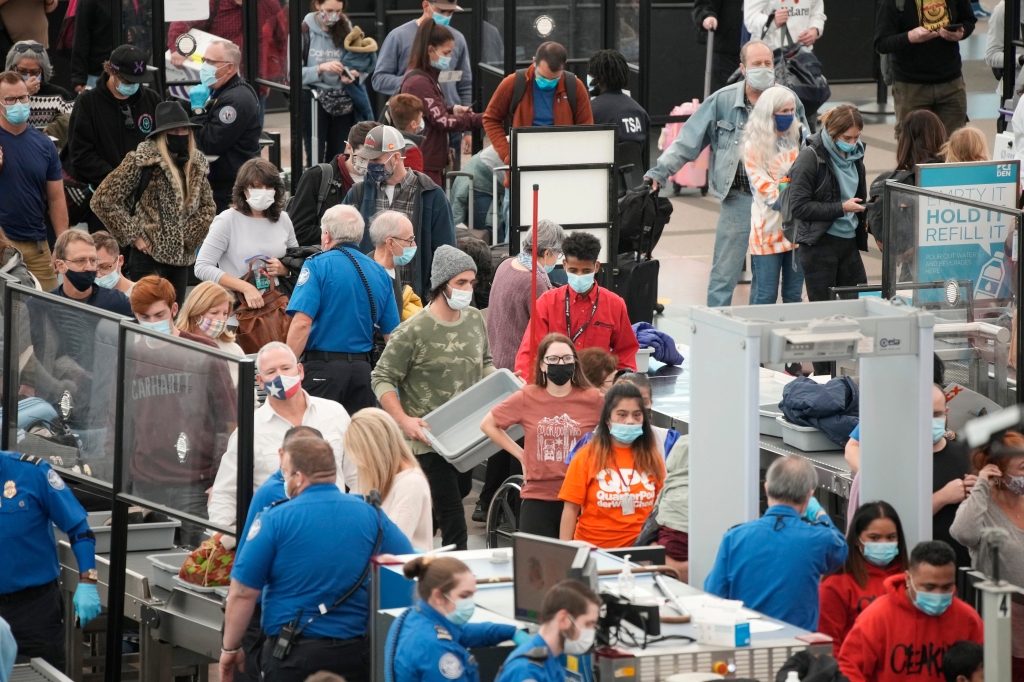Colorado’s COVID-19 situation is improving after a brief post-Thanksgiving bump, but hospitals are as full as they’ve ever been, state officials said.
As of Thursday afternoon, 1,356 people were hospitalized with confirmed COVID-19. That’s an improvement from the peak of the current wave on Nov. 23, when 1,576 people were receiving hospital care because of the virus.
Still, hospital capacity remains extremely tight, with about 518 general hospital beds available statewide, state COVID-19 incident commander Scott Bookman said at a news conference Thursday. While the number of patients with the virus is starting to fall, hospitals are still dealing with a surge of people seeking care for other medical issues, which may have gotten worse during the pandemic, he said.
“While the overall trend is positive … I do want to stress we still have a lot of people in the hospital,” he said.
Colorado’s COVID-19 cases and hospitalizations briefly rose in the days following Thanksgiving, as did the percentage of tests coming back positive. Now, all three measures are starting to trend in the right direction again, as they were before the holiday, state epidemiologist Dr. Rachel Herlihy said. It’s not clear why that’s happening in Colorado, while states in the upper Midwest and Northeast are experiencing surges.
“I expect we could see the same thing following Christmas and New Year’s,” she said.
No one knows whether to expect cases to start rising again if the new omicron variant becomes established. So far, Colorado has found only two cases of omicron, though a wastewater sample taken in Boulder on Dec. 2 suggested a few more people may have been infected, Herlihy said.
At this point, omicron does appear to be outcompeting delta — the current dominant strain in Colorado — in South Africa, but scientists are still figuring out if that advantage comes from spreading more easily, or from infecting more people who have some immunity, Herlihy said. While some early data suggested omicron may be less likely to cause severe illness, that data came from relatively young patients, who generally have milder symptoms anyway.
A small study found that the immune systems of people who’ve had two doses of the Pfizer vaccine may not be as good at finding and neutralizing omicron as they were with previous variants. Antibodies tended to do a better job if a person had received a third Pfizer shot, but it’s not clear how much difference that will make in real-world outcomes.
Data about the Moderna and Johnson & Johnson shots’ performance against omicron is pending.
On Thursday, the U.S. Food and Drug Administration authorized booster shots for 16- and 17-year-olds. Teens can get their booster shots as soon as they like, without any further state action, Bookman said. He estimated about 43% of eligible people have gotten a booster, not counting those who became eligible hours before the press conference.
“We need to get more Coloradans to get their booster,” he said.



















